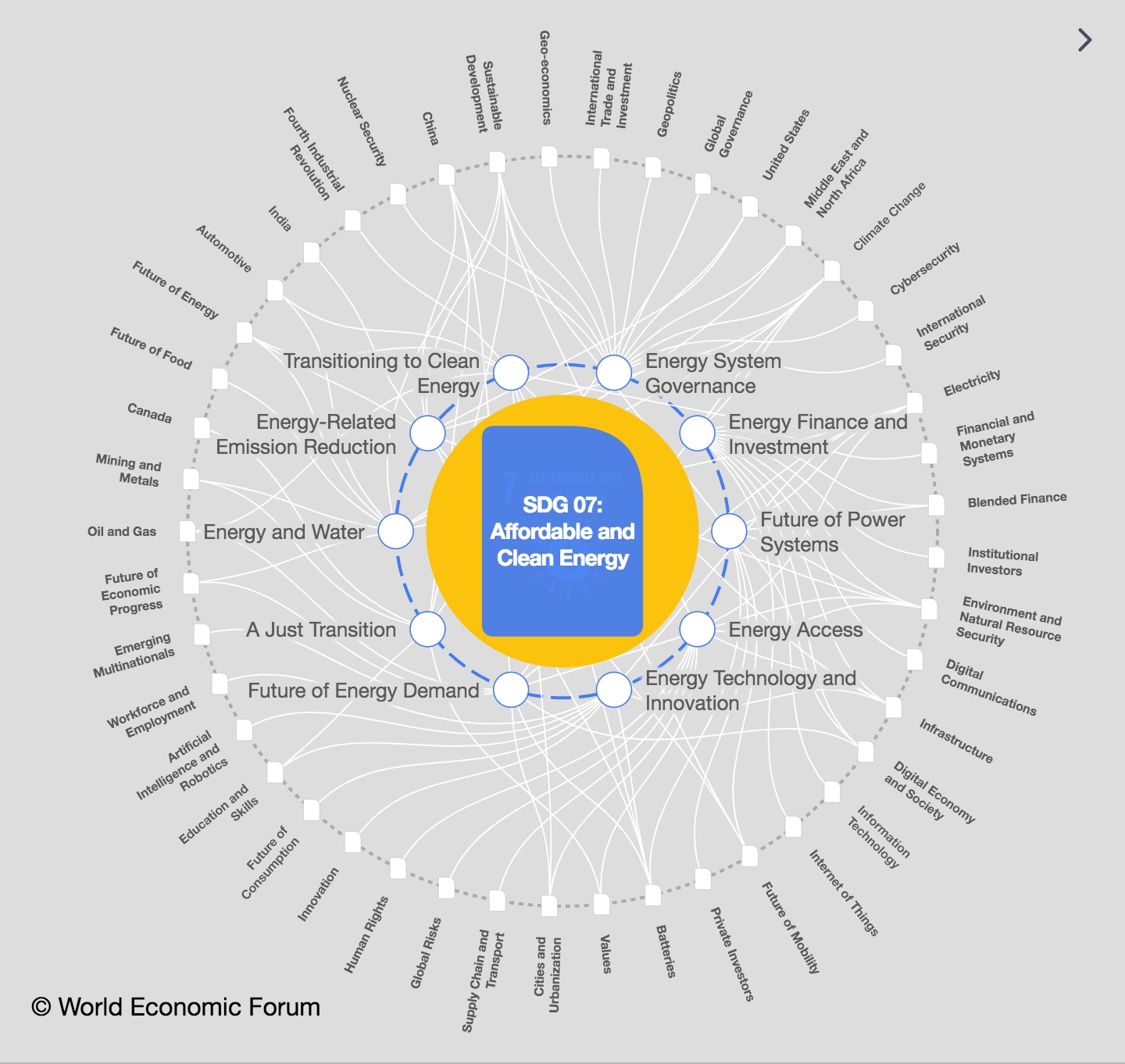5 ways to make your home more energy efficient

Cooling is the fastest growing energy demand on buildings - but there are ways to make it more energy efficient. Image: Photo by Ashkan Forouzani on Unsplash
- Energy costs are climbing, fuelled by rising demand and weak supply.
- For homes, it means gas and electricity bills are going up.
- Simple changes can save money and help make your home more efficient.
Gas, electricity and coal prices are soaring, meaning higher bills for many households.
A range of factors have contributed to the current energy crisis, the International Energy Agency (IEA) says. These include rapidly rising demand as the world economy has rebounded from the pandemic. Power supply has also been weaker than expected, alongside a cold and long winter in the Northern Hemisphere.
Governments are under pressure to take action. In Norway, for example, the government has announced plans to subsidize home electricity bills until March 2022 at an estimated cost of 5 billion Norwegian crowns ($560 million).
This is in response to the cost of electricity surging to its highest level in more than 10 years.
So how can more of us save energy at home? Here are some simple ideas.

Thermostats that control the temperature of hot water and radiators can be turned down to make instant savings at no cost. According to the US Department of Energy’s Energy Saver site, a water heater set at 60º Celcius is too high. For most homes, 49º Celcius is sufficient, and could add up to savings of more than $400 a year.
Put a lid on it
EnergyMeasures, an initiative to reduce energy poverty in seven European countries, lists a range of low or no-cost energy saving ideas, including covering pots with lids while cooking to save energy and reduce condensation. Batch cooking – preparing larger quantities of food when cooking – is another way to potentially save time as well as energy.
Switch suppliers
Shopping around could be a way to find a better deal for your energy service, suggests the Australian Energy Regulator, which regulates wholesale electricity and gas markets in Australia. It’s worth also checking whether your existing supplier can give you a better deal. Online price comparison tools can help compare offers.
Plug energy gaps
Draught-proofing is a cheap and effective way to save energy and money in any type of building, according to the Energy Saving Trust, a UK-based organization which gives energy efficiency advice. Its tips include sticking draught-proofing strips around window frames and filling small gaps around pipework.
Keep cool for less
Cooling can be costly too, with air conditioners and electric fans accounting for 20% of global electricity use, according to the IEA. In its Tracking Cooling 2020 report, the IEA says cooling is the fastest growing energy demand in buildings, but most consumers are using inefficient air conditioning units. Its report mentions the Eco-cooler, an economical zero electricity air conditioner that was invented in Bangladesh and uses plastic bottles to suck air into homes.
Don't miss any update on this topic
Create a free account and access your personalized content collection with our latest publications and analyses.
License and Republishing
World Economic Forum articles may be republished in accordance with the Creative Commons Attribution-NonCommercial-NoDerivatives 4.0 International Public License, and in accordance with our Terms of Use.
The views expressed in this article are those of the author alone and not the World Economic Forum.
Stay up to date:
Decarbonizing Energy
Forum Stories newsletter
Bringing you weekly curated insights and analysis on the global issues that matter.
More on Energy TransitionSee all
Roberto Bocca
November 17, 2025






